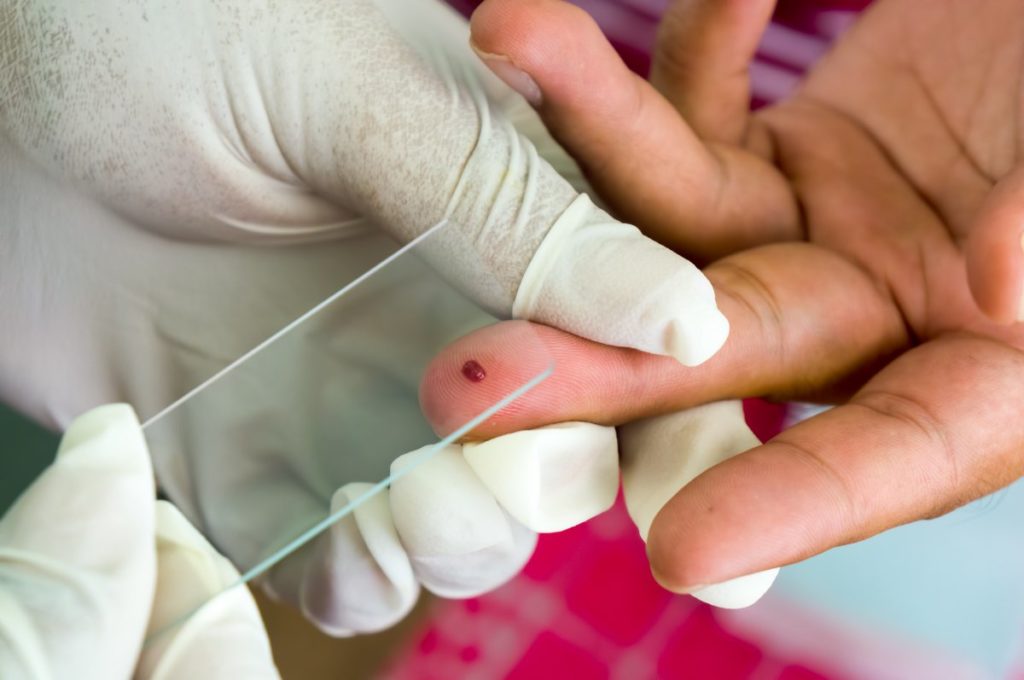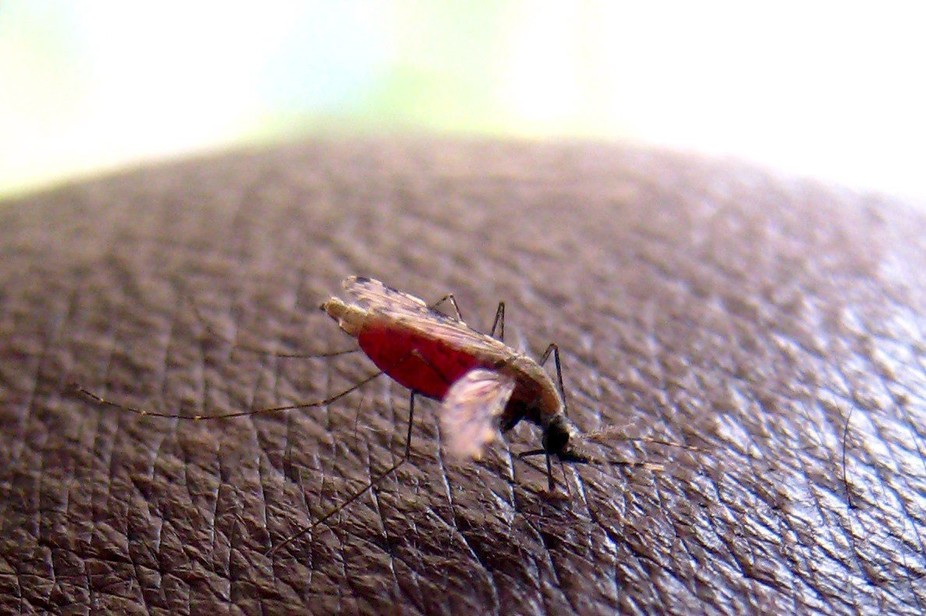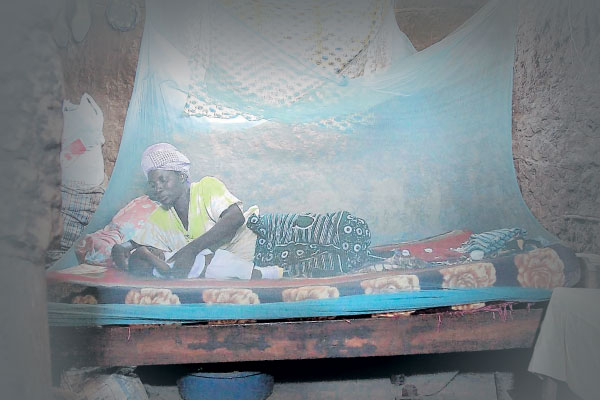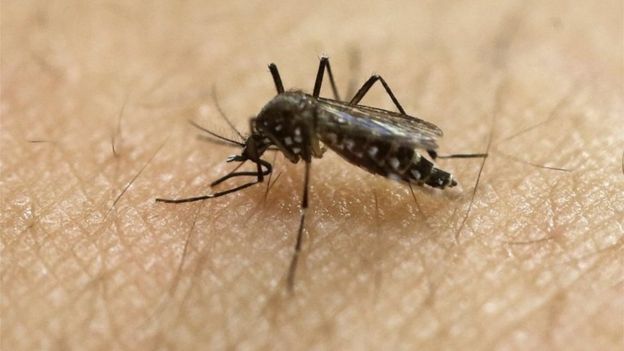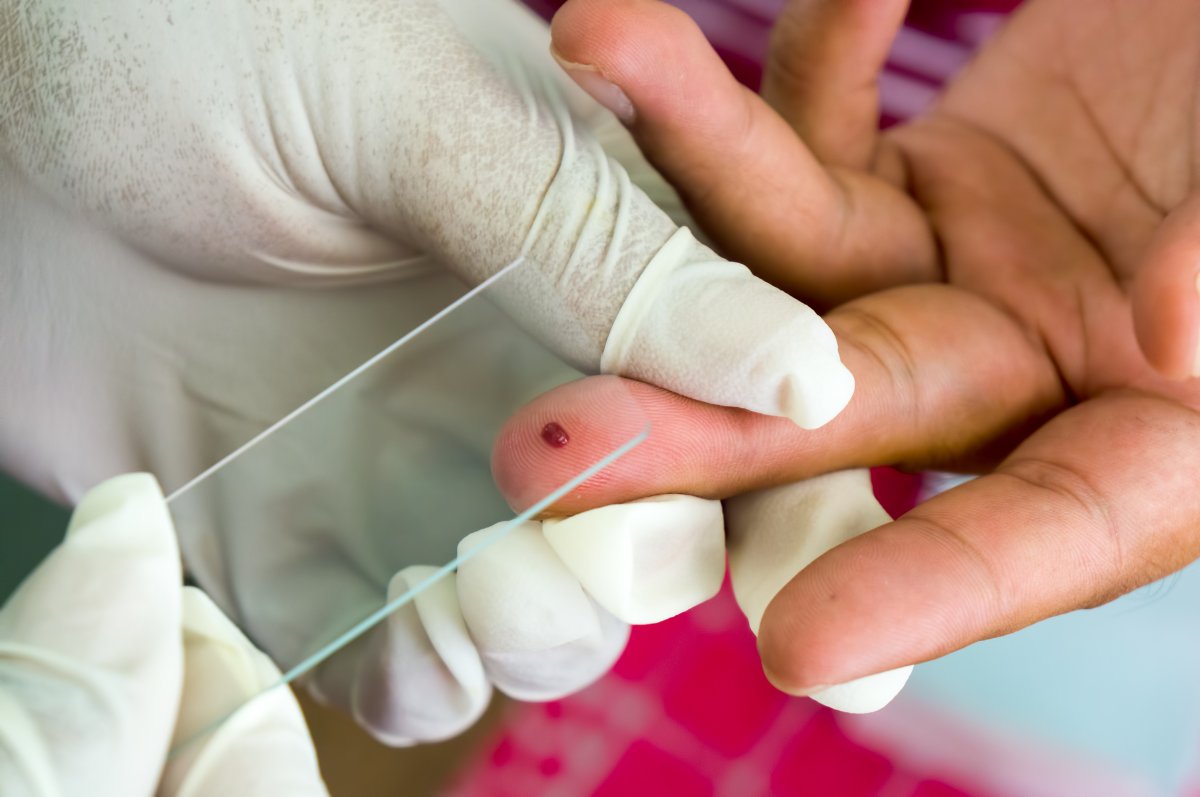
Genius malaria parasites
Many people wonder why the world does not have a malaria vaccine yet. The one closest to licensing, the RTS,S has an efficacy of 36-26%. Compare this to the efficacy of the polio vaccine, which is over 90% and the smallpox vaccine, close to 100%.
A recent paper published in Nature journal, suggests the possibility of a more efficacious vaccine.
Vaccine offering greater protection against human malaria
This vaccine is rather unique. This groups of scientists have dissected mosquitoes over the years to isolate the malaria parasite within the salivary glands of the mosquito…. fancy that! This stage of the malaria parasite is known as a sporozoite. Now these scientists have worked out that injecting sporozoites directly into the blood stream (intravenous injection) – induces a strong immune response in humans.
These are initial studies and it will take a while before this vaccine ever comes on board. But scientists will have to think really hard about introducing a vaccine that needs to be injected into a vein of small babies. I don’t want to over think this as it’s a way away – but consider that babies already receive three injections during the current routine vaccinations: DPT, PCV-10 for pneumonia, polia (moving away from oral vaccination). So already the thighs are sore enough – and then the mother has to watch a nurse search for a vein to introduce the malaria vaccine…….
However, if the vaccine is highly efficacious and targeted to malarious areas only – then this will focus resources. It may be the first time that a childhood vaccine in Africa is introduced to a highly select population – focusing expertise where it is needed. A lot of public education will be needed for this.
I am clearly going ahead of myself now – it’s all very exciting, but I am digressing…..
My point was to ask….
WHY has the malaria parasite outwitted us for so long?
Man has evolved with malaria parasites, in fact the parasites have probably driven a lot of our evolution. The parasites have always been a step ahead of us and they are unwilling to give up their secrets easily.
Think of this microscopic creature – that schemed to hitchhike on mosquitoes that need blood to develop their eggs. That this simple creature, when injected into any part of our body, does not wander aimlessly in our bodies, but heads straight to the liver.
How does it know how to find its way from the foot, hand, head, back – anywhere the mosquito bites – and head straight for the liver?
Once in the liver it multiplies and then gets out into our blood. It does not just float about but infects our own red blood cell. One parasite will enter a red blood cell and multiply to release tens of thousands of young parasites that infect more red blood cells. Parasites multiply quick and fast.
This is the reason young children die of severe anaemia, they have a smaller volume of blood and the parasites deplete the red blood cells quickly.
The spleen also tries to get rid of red blood cells that have malaria parasites, a reason why children who have carried malaria parasites for a long time appear to have a big belly, as though malnourished.
For malaria parasites, invading the red blood cell is an extremely brilliant tactic. Red blood cells are vital for our survival – transporting oxygen from the lungs into every body organ. If red blood cells fall below a certain number, we die. So although our bodies do clear the red blood cells infected by the malaria parasites, it is at great cost. With each red blood cell destroyed, the body lessens the availability of a vital life ingredient, oxygen.
As the human body’s immune system hits out at the malaria parasites, they parasites have another trick up their sleeve. The parasites go and hide away. The best place to hide is the brain, a place where our bodies will not want to overact with an aggressive immune response. And wherever they hide, they inadvertently cause chaos. In the brain – they cause cerebral malaria.
Malaria parasites kill little children and pregnant women more than any other group of people. But the parasites would prefer that you did not die.
Think of this – there are at least half a billion people on the African continent that carry malaria parasites and get ill from them, of these, only 300,000 will die. If you survive malaria, that is good for the parasite, it has fresh blood and can continue to spread to your family and friends, which makes it very happy. It is to its advantage to keep you alive.
If any of you, like me, have conducted fieldwork in areas where malaria is common, you will have found that most of the population though appearing to be healthy, will be carrying malaria parasites. This is not without problems: children struggle with moderate anaemia, achieve poorly academically etc. Mothers will give birth to babies with low birth weight or miscarry. However, both human and parasite survive.
Adults living in malaria areas can develop a pretty solid immunity to malaria parasites, but scientists have not quite worked out how that happens.
It is amazing that though we are reaching out into the universe to explore outer worlds – we still have not worked out how immunity to malaria is accomplished in adults. The score remains: malaria A+, humans C+. We are trying, but it’s not good enough.


